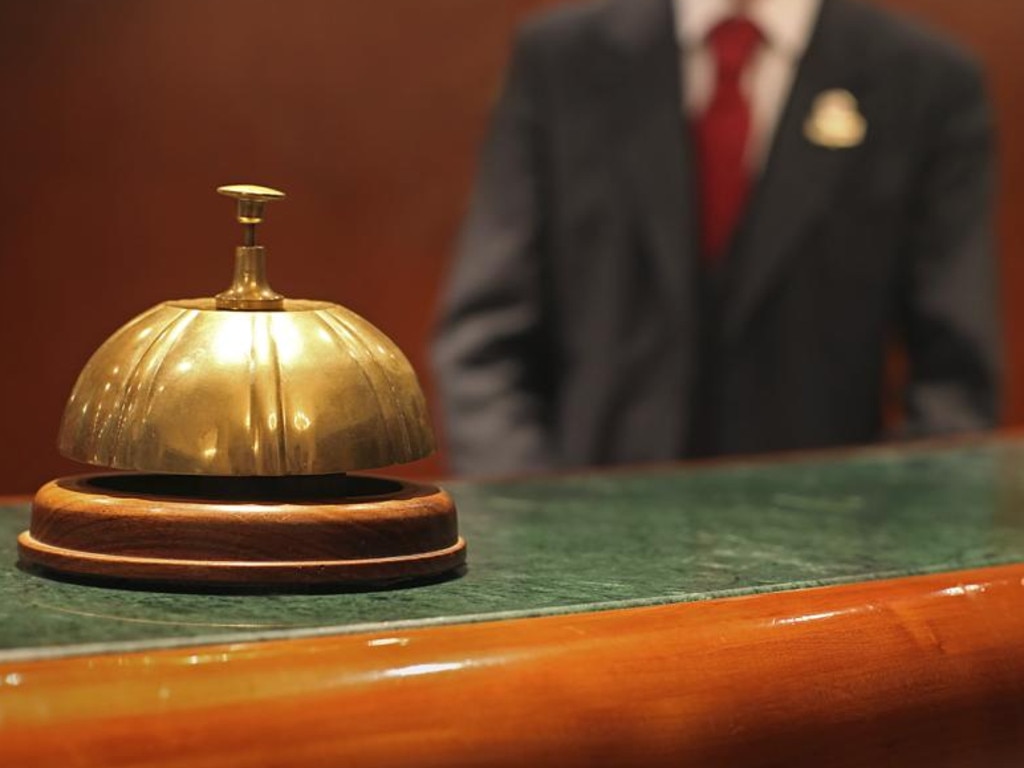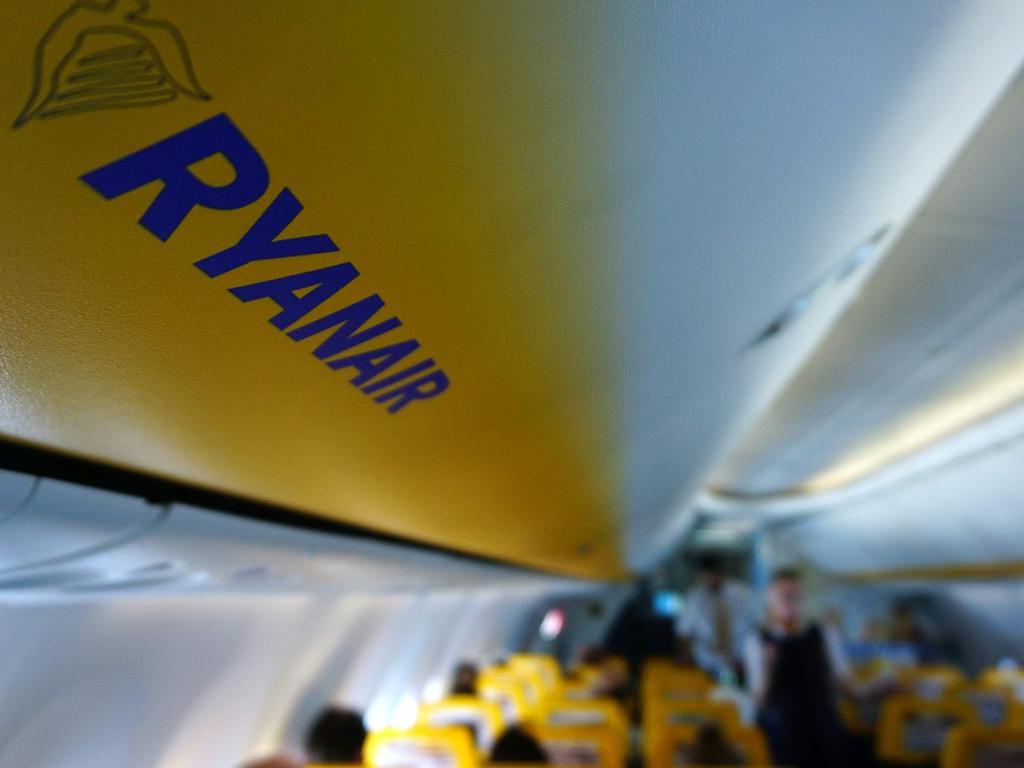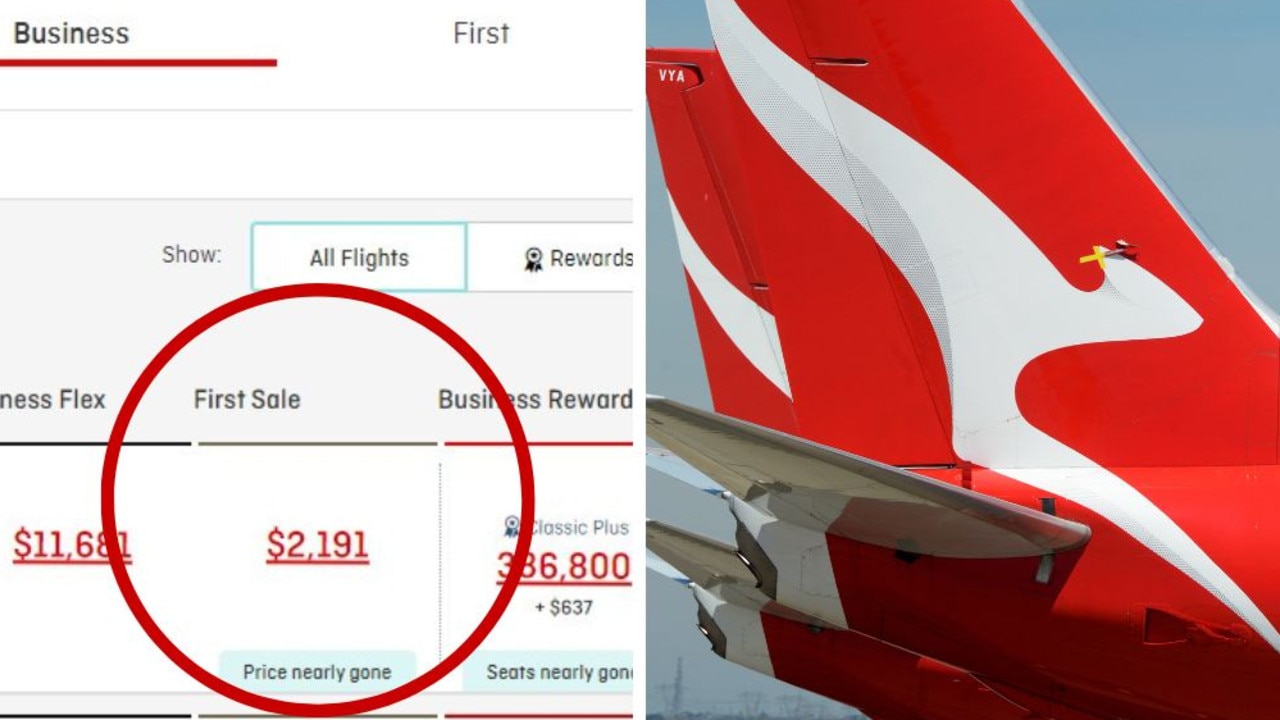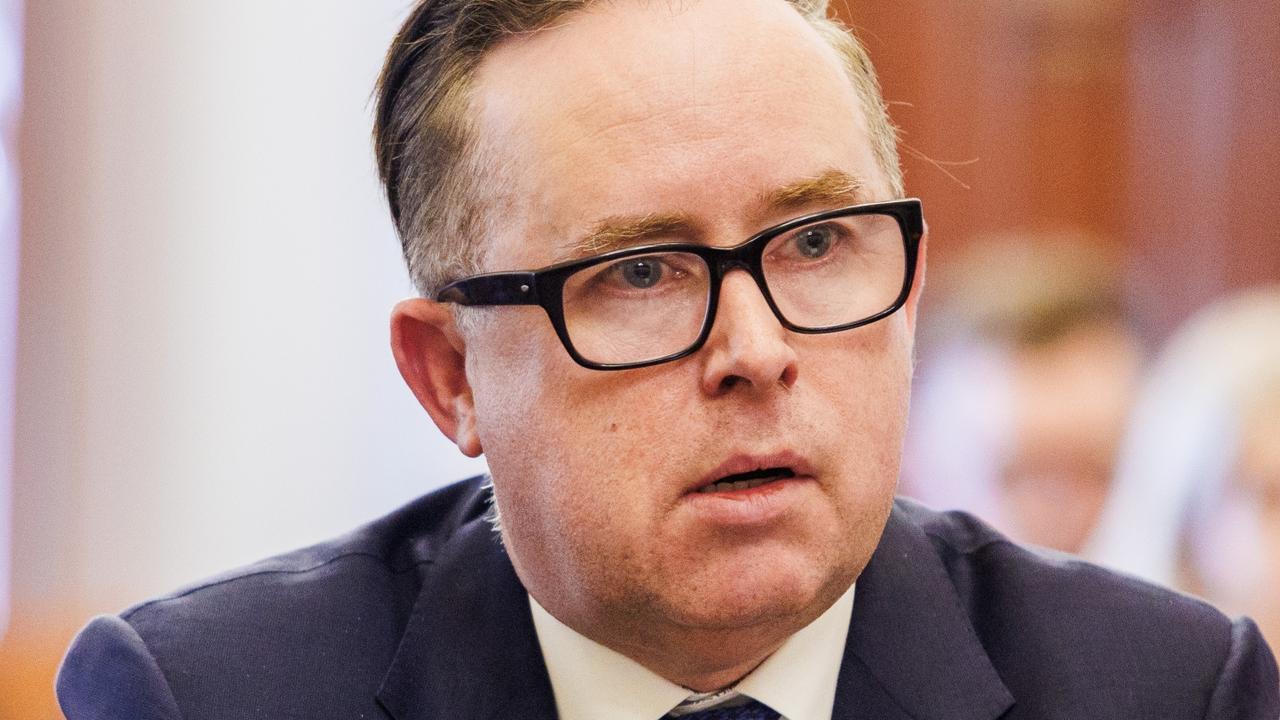The most ridiculous travel fees and how to avoid them
There are a number of creative ways hotels and airlines are slugging you extra — without you even realising it. Here’s what to watch for.

Many travellers, particular those going via the United States, will be familiar with the “resort fee”.
The peculiar mandatory daily cost that appears at the end of your bill (and seldomly anywhere else) can be a shock to the uninitiated guest’s budget.
The umbrella charge is there to cover phone bills, under-utilised access to a gym and the room’s daily restocks of tea bags.
You know, the kind of petty incremental costs you’d have thought would have been accounted for in the price of the room.
However, resort fees are only one of many pieces of creative accounting that travellers should look out for, the New Zealand Herald reports.
There are now cleaning fees, beach fees, carparking costs, and all sorts of other surprise additions that arrive on check out.
Some hotels have begun introducing “safe fees”.

This additional fee is charged under the pretence that guests should cough up a few dollars extra for guests to store their valuables inside combination safes in their room.
But there’s something about introducing a safe fee that smacks of racketeering.
“It would be a shame for anything to go … missing,” reads the implied meaning, in Al Capone drawl.
Needless to say travellers are entitled to ask to have these fees removed, from their bill.
Particularly if they did not even use the safes.
The Los Angeles-based writer Courtney Blacher says it is “by far, the most ridiculous fee” she has ever encountered.
“So I have to pay you additional to keep my items safe in a room I already paid for? Absolutely not!” she told USA Today.
Travellers are becoming more and more used to stumping up for additional fees that it has almost come to be expected.

Laura Mandala, of travel firm Mandala Research, claims that we are now “socialised” to accept paying additional fees and above the odds when they are abroad.
Talking to USA Today she said “Most customers realise by now, added convenience comes with a cost.”
But what makes a fee a convenience fee? Convenient for whom?
Other businesses in other areas of travel are entirely supported by additional fees.
Budget airlines for example have been keeping afloat on additional fees for years.
Last year, it was revealed that budget airline Ryanair made $2.37 billion on ancillary fees — that is income from seat allocation, snacks and sales additional to the cost of a fare.
But you get the impression that hotels are relying on guests to simply not notice an additional charge at the end of an already inflated bill.
If a hotel needs to charge guests extra to balance the books, perhaps these businesses should just raise their prices.
Yet price is a hugely important consideration in driving bookings.

Particularly in the online market, price point is an important factor for business and leisure travellers visiting a city for the first time.
Hotels are desperate to shave off any costs they can to appear cheaper in search results.
This is the reason why many booking websites often show hugely reduced fees on their listings, by counting cleaning and other service fees as additional.
At the beginning of the year UK consumer advocacy group Which? released a report that price quoted by hotel comparison websites increased by 15-27 per cent in additional costs, not reflected in search results.
While resort fees and linen costs are hard to negotiate, you’re well within your rights to call out hotels on things like a safe fee.
The bottom line is to remember to ask for a full quote on booking a room and check for cheeky convenience charges on leaving.
Or you could find these additional extras adding up and being very inconvenient for your travel budget.
This article originally appeared on the New Zealand Herald and was reproduced with permission.



